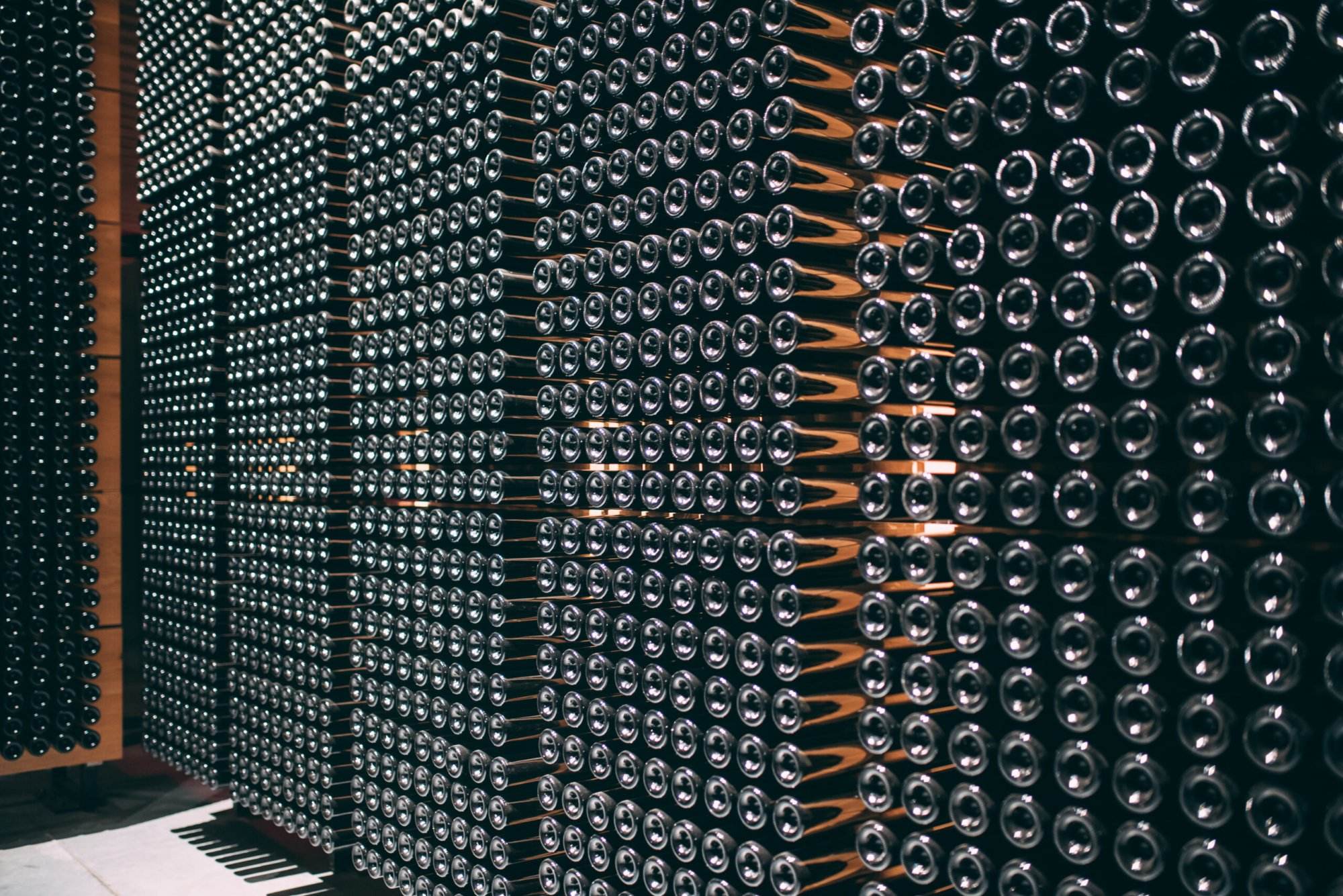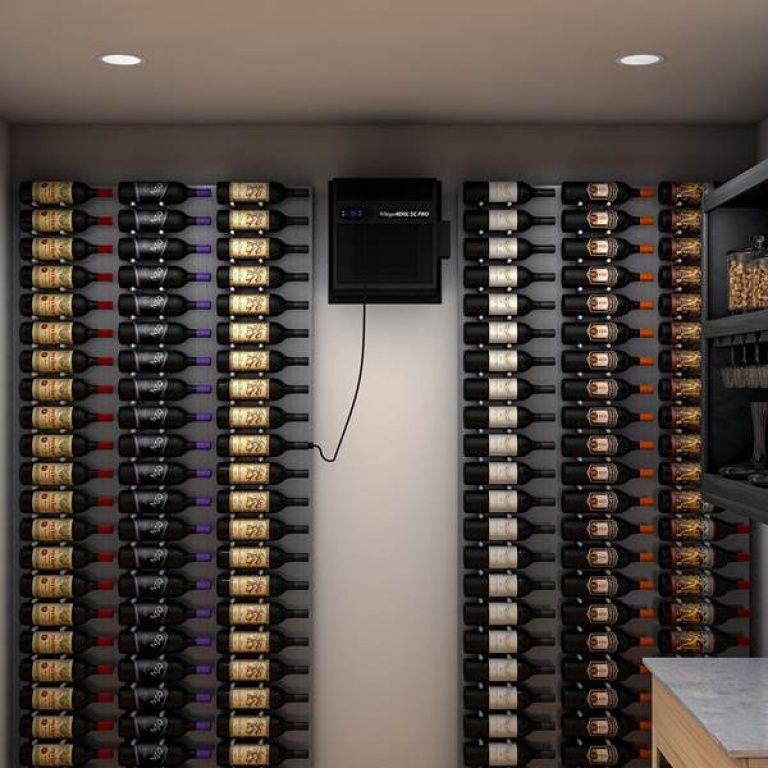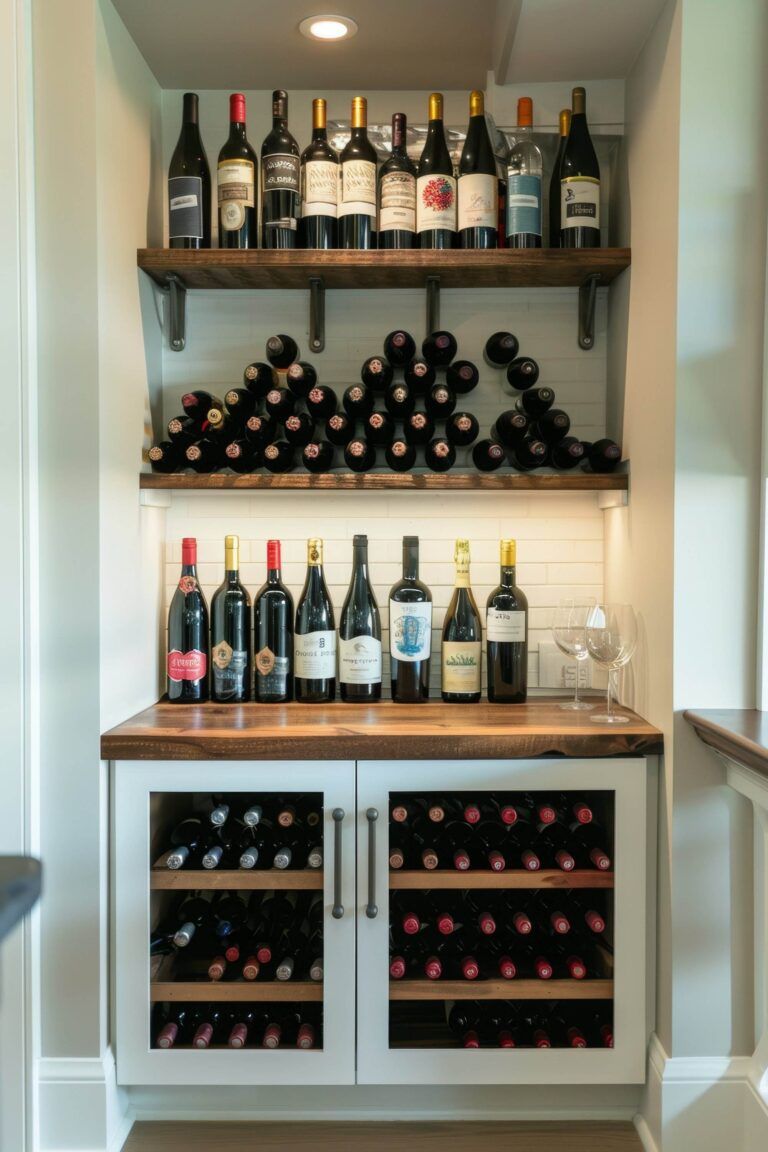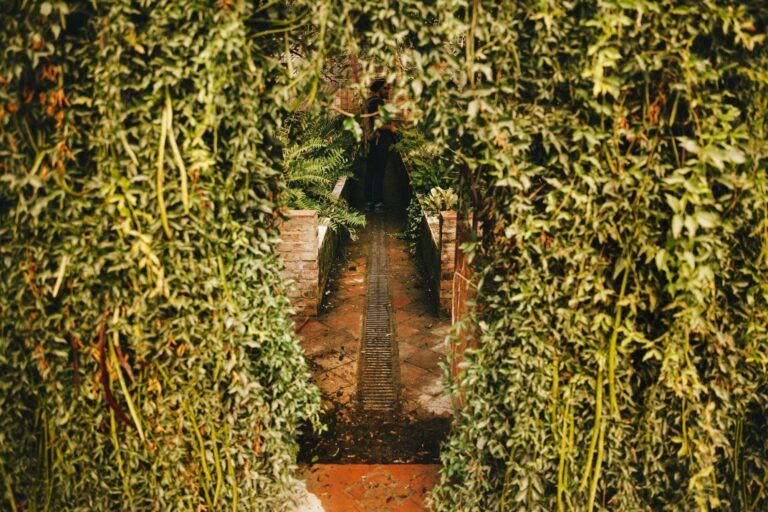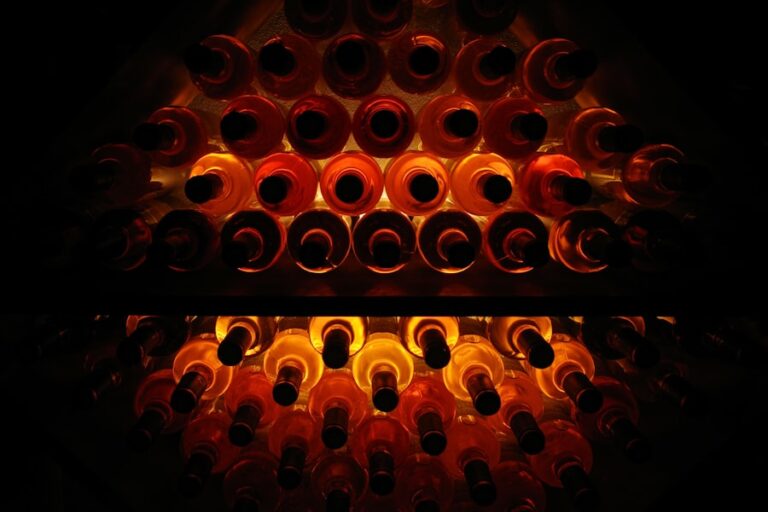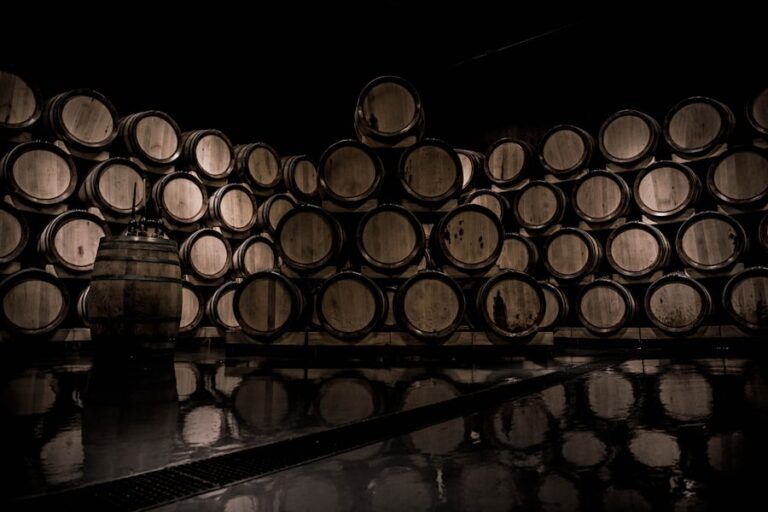Expert Tips on Maintaining Perfect Humidity in Danville Wine Cellars
The role of humidity in wine cellars cannot be overstated. It is a critical factor that influences the quality and longevity of wine. Ideally, the humidity level in a wine cellar should be maintained between 50% and 70%.
This range is essential for preserving the corks that seal wine bottles. If the humidity is too low, corks can dry out, leading to oxidation and spoilage of the wine. Conversely, excessive humidity can cause corks to become overly saturated, which may lead to mold growth and other issues that compromise the integrity of the wine.
Moreover, humidity levels also affect the overall environment within the cellar. A well-humidified space helps to maintain a stable temperature, which is crucial for aging wine. Fluctuations in temperature can cause the wine to expand and contract, potentially damaging the delicate balance of flavors and aromas.
Therefore, understanding and managing humidity is not just about protecting the corks; it is about creating an optimal environment for wine to mature gracefully over time.
Key Takeaways
- Humidity is crucial for maintaining the quality of wine in cellars, as it prevents corks from drying out and wine from oxidizing.
- Monitoring and controlling humidity levels is essential to ensure that it stays within the optimal range of 50-70%.
- Humidifiers can be used to increase humidity, while dehumidifiers can be used to decrease it, depending on the cellar’s needs.
- Proper ventilation and air circulation are important for preventing stagnant air and maintaining consistent humidity levels.
- Insulation and sealing are key to retaining humidity and preventing outside air from affecting the cellar environment.
Monitoring and Controlling Humidity Levels
To ensure that your wine cellar maintains the ideal humidity levels, it is essential to monitor these conditions regularly. This can be achieved through the use of hygrometers, which measure the moisture content in the air. By placing a hygrometer in your wine cellar, you can easily keep track of humidity levels and make adjustments as necessary.
Regular monitoring allows you to identify any fluctuations that may occur due to changes in weather or other environmental factors. In addition to monitoring, controlling humidity levels is equally important. This can be accomplished through various methods, including the use of humidifiers or dehumidifiers, depending on whether you need to increase or decrease moisture in the air.
By actively managing humidity, you can create a stable environment that promotes the proper aging of your wines while preventing potential damage caused by extreme conditions.
Using Humidifiers and Dehumidifiers
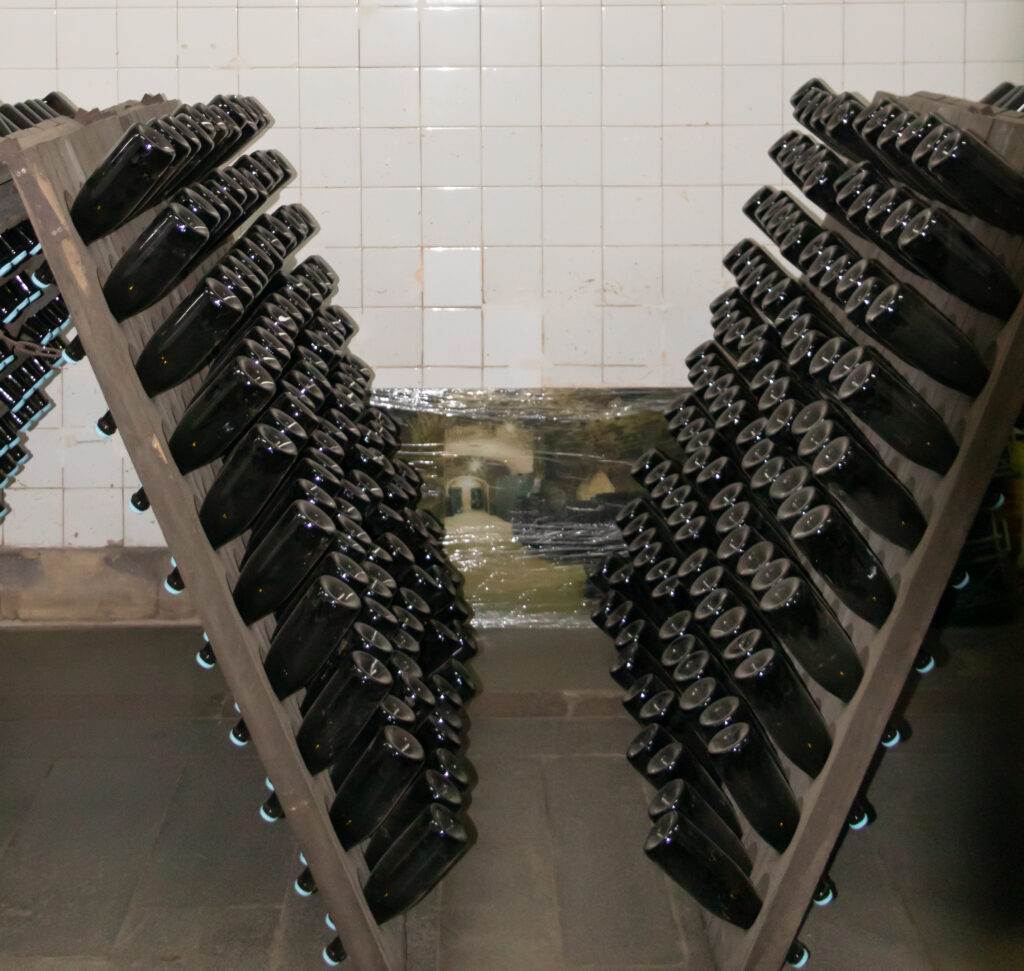
Humidifiers and dehumidifiers are essential tools for maintaining optimal humidity levels in a wine cellar. If your cellar tends to be on the dry side, a humidifier can help introduce moisture into the air. There are various types of humidifiers available, including ultrasonic, evaporative, and steam models.
Each type has its advantages, so it’s important to choose one that fits your specific needs and the size of your cellar. On the other hand, if your wine cellar experiences high humidity levels, a dehumidifier becomes necessary. Excess moisture can lead to mold growth and damage to both the wine and the storage environment.
Dehumidifiers work by extracting moisture from the air, helping to maintain a balanced atmosphere. When selecting a dehumidifier, consider factors such as capacity, energy efficiency, and noise level to ensure it meets your requirements without disrupting your wine storage experience.
Proper Ventilation and Air Circulation
Proper ventilation and air circulation are vital components of a well-functioning wine cellar. Stagnant air can lead to uneven temperature distribution and increased humidity levels, which can adversely affect your wine collection. To promote good airflow, consider installing vents or fans that facilitate circulation throughout the space.
This will help maintain consistent temperatures and humidity levels while preventing hot spots that could damage your wines. Additionally, ensuring that your wine cellar is well-ventilated can help mitigate odors that may develop over time. Unpleasant smells can permeate corks and affect the taste of your wine.
By allowing fresh air to circulate within the cellar, you can minimize these risks and create a more pleasant environment for your collection. Regularly checking and maintaining ventilation systems will ensure they function effectively and contribute positively to your wine storage conditions.
Insulation and Sealing to Maintain Humidity
Insulation plays a crucial role in maintaining consistent humidity levels within a wine cellar. Proper insulation helps prevent external temperature fluctuations from affecting the internal environment. Insulating walls, ceilings, and floors can significantly reduce energy costs while ensuring that your wine cellar remains at an optimal temperature and humidity level year-round.
Sealing any gaps or cracks in the structure is equally important for maintaining humidity. Air leaks can allow outside air to enter, disrupting the carefully controlled environment you’ve established. Use weather stripping or caulking to seal any openings around doors and windows.
By investing time in insulation and sealing, you create a more stable environment for your wines, ultimately enhancing their aging potential.
Preventing Mold and Mildew Growth
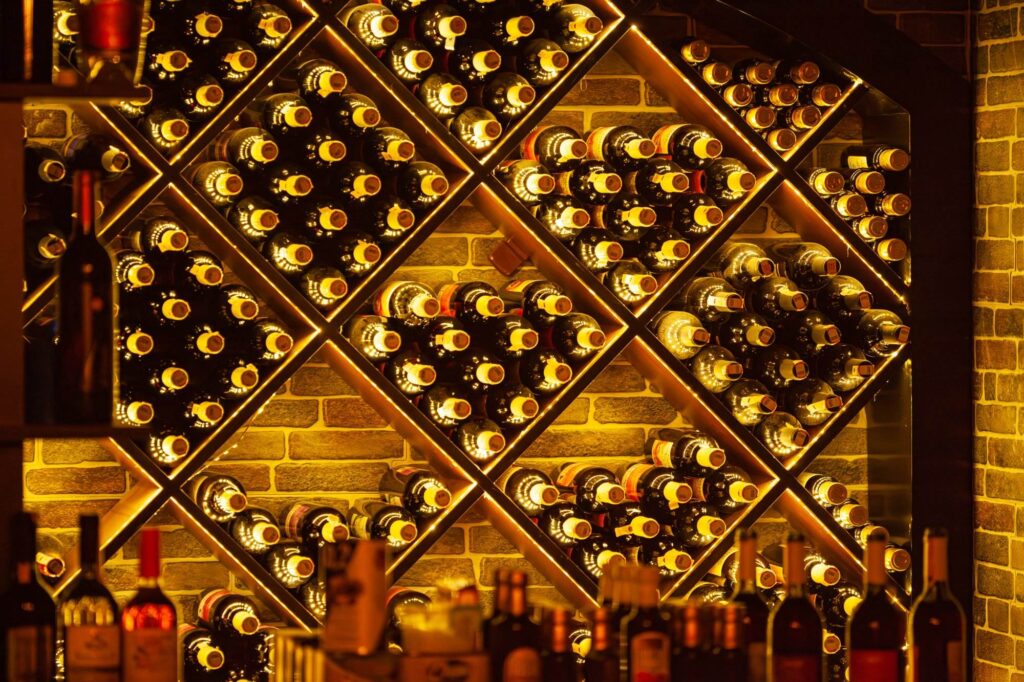
Mold and mildew are significant threats to any wine cellar, as they can compromise both the quality of the wine and the integrity of the storage environment. High humidity levels combined with poor ventilation create an ideal breeding ground for these unwanted organisms. To prevent mold growth, it is essential to maintain proper humidity levels within the recommended range while ensuring adequate airflow throughout the space.
Regular inspections are also crucial for identifying any signs of mold or mildew early on. Look for discoloration on walls or shelves, as well as any musty odors that may indicate a problem. If you do discover mold growth, it’s important to address it immediately by cleaning affected areas with appropriate solutions and adjusting humidity levels as needed.
Taking proactive measures will help protect your wine collection from potential damage caused by mold and mildew.
Regular Maintenance and Inspections
Regular maintenance and inspections are key components of successful wine cellar management. Establishing a routine schedule for checking humidity levels, temperature settings, and overall cleanliness will help ensure that your cellar remains in optimal condition. During these inspections, pay close attention to any signs of wear or damage in insulation, ventilation systems, or storage racks.
Additionally, consider keeping a log of your inspections to track any changes over time. This documentation can provide valuable insights into how environmental factors may be affecting your wine collection. By staying vigilant and proactive in your maintenance efforts, you can create a stable environment that supports the aging process of your wines while minimizing potential risks.
Consulting with a Professional Wine Cellar Specialist
When it comes to creating and maintaining an ideal wine cellar environment, consulting with a professional wine cellar specialist can be invaluable. These experts possess extensive knowledge about climate control systems, insulation techniques, and storage solutions tailored specifically for wine collections. They can assess your space and provide recommendations based on your unique needs and preferences.
Working with a specialist not only ensures that you have access to expert advice but also helps you avoid common pitfalls associated with DIY approaches. From selecting appropriate humidification systems to designing custom racks that maximize space efficiency, a professional can guide you through every step of the process. Ultimately, investing in expert consultation will enhance your ability to create a perfect sanctuary for your wines at Wine Hardware of Walnut Creek, where custom solutions are tailored specifically for your collection’s needs.
FAQs
What is the ideal humidity level for a wine cellar in Danville?
The ideal humidity level for a wine cellar in Danville is between 50-70%. This range helps to keep the corks moist and prevents them from drying out, which can lead to oxidation and spoilage of the wine.
How can I maintain the perfect humidity level in my Danville wine cellar?
To maintain the perfect humidity level in your Danville wine cellar, you can use a humidifier or dehumidifier to adjust the moisture in the air. Additionally, sealing the cellar properly and using a vapor barrier can help to regulate humidity levels.
What are the risks of humidity levels being too high or too low in a wine cellar?
If the humidity levels in a wine cellar are too high, it can lead to mold growth and label damage on the wine bottles. On the other hand, if the humidity levels are too low, the corks can dry out, leading to oxidation and spoilage of the wine.
Are there any natural methods for maintaining humidity in a wine cellar?
Yes, there are natural methods for maintaining humidity in a wine cellar, such as using gravel or water features to increase humidity, and using ventilation and insulation to decrease humidity.
How often should I monitor the humidity levels in my Danville wine cellar?
It is recommended to monitor the humidity levels in your Danville wine cellar at least once a week, especially during seasonal changes when humidity levels can fluctuate. This will help you to make any necessary adjustments to maintain the ideal humidity level.

